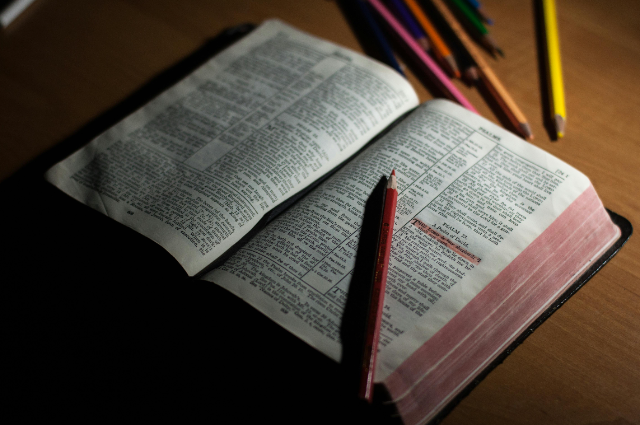
The Descent Into Darkness
There was a time when I believed I was broken beyond repair.
The weight of self-doubt pressed down on me like an invisible force, whispering that I was not enough—not smart enough, not strong enough, not worthy enough. Every failure, no matter how small, became proof of my inadequacy. I carried this burden silently, smiling when expected, crumbling when alone.
Then came the suicidal thoughts.
They didn’t arrive dramatically; they slithered in quietly, disguised as logical conclusions. If life is this much pain, why continue? If I am nothing but a disappointment, why burden others? The idea of ending it all wasn’t frightening—it felt like a relief. A way out. A final solution to a problem I couldn’t fix.
But something stopped me.
The First Glimmer of Hope
One night, in the suffocating silence of my room, I found myself staring at an old book on my shelf—The Power of Now by Eckhart Tolle. I had bought it years ago but never read it. Desperate for any escape from my thoughts, I opened it.
What I read didn’t magically fix me. But it planted a seed.
Tolle spoke of presence, of detaching from the relentless voice in my head that told me I was worthless. He called it the "ego," the false self that thrives on suffering. For the first time, I considered that maybe the problem wasn’t me—it was the way I was thinking about myself.
That realization didn’t erase my pain, but it gave me something I hadn’t felt in years: curiosity.
The Slow Awakening
I began exploring spirituality—not in a religious sense, but as a way of understanding my mind and the nature of suffering. I read about mindfulness, meditation, and the concept of detachment. I learned that thoughts are not facts; they are passing clouds in the sky of consciousness.
Meditation was agony at first. Sitting with my mind felt like standing in a storm. But over time, I noticed something: the voice of self-hatred lost its power when I simply observed it instead of believing it.
One morning, after weeks of practice, I had a moment of clarity. The sun was rising, casting golden light through my window, and for the first time in years, I felt… okay. Not euphoric, not fixed—just present. And in that moment, I understood: I am not my thoughts. I am the awareness behind them.
Rebuilding a Life Worth Living
Spirituality didn’t solve my problems overnight. But it gave me the tools to face them.
- Mindfulness taught me to step back from negative thoughts instead of drowning in them.
- Gratitude practice shifted my focus from what I lacked to what I had.
- Compassion—for myself and others—replaced self-loathing with understanding.
I still had bad days. Sometimes, the old darkness crept back in. But now, I knew it wasn’t permanent. I learned that pain is inevitable, but suffering is optional.
The Greatest Lesson: Life Is Not the Enemy
The biggest shift spirituality brought was the realization that life wasn’t against me—it was simply life. Unpredictable, painful, beautiful, fleeting. My suffering came from resisting it, from demanding it be different.
When I stopped fighting reality and started accepting it—not passively, but with awareness—everything changed. I still struggled, but I no longer felt like a victim. I was a participant, an observer, a learner.
Where I Am Now
Today, I am alive—not because the world became perfect, but because I learned to see it differently. Spirituality didn’t erase my humanity; it made me more human. It taught me that healing isn’t about becoming someone new, but about returning to who I always was beneath the pain.
If you’re where I once was—trapped in self-doubt, drowning in despair—know this: you are not alone, and you are not broken. The light you seek is not outside of you. It’s in the quiet spaces between thoughts, in the moments when you simply are.
Start small. Breathe. Observe. Question the stories your mind tells you.
The journey from darkness to light isn’t a straight path. But every step, no matter how small, is worth taking.
Because you are worth saving.
And sometimes, all it takes is one book, one moment, one breath—to remind you of that.
